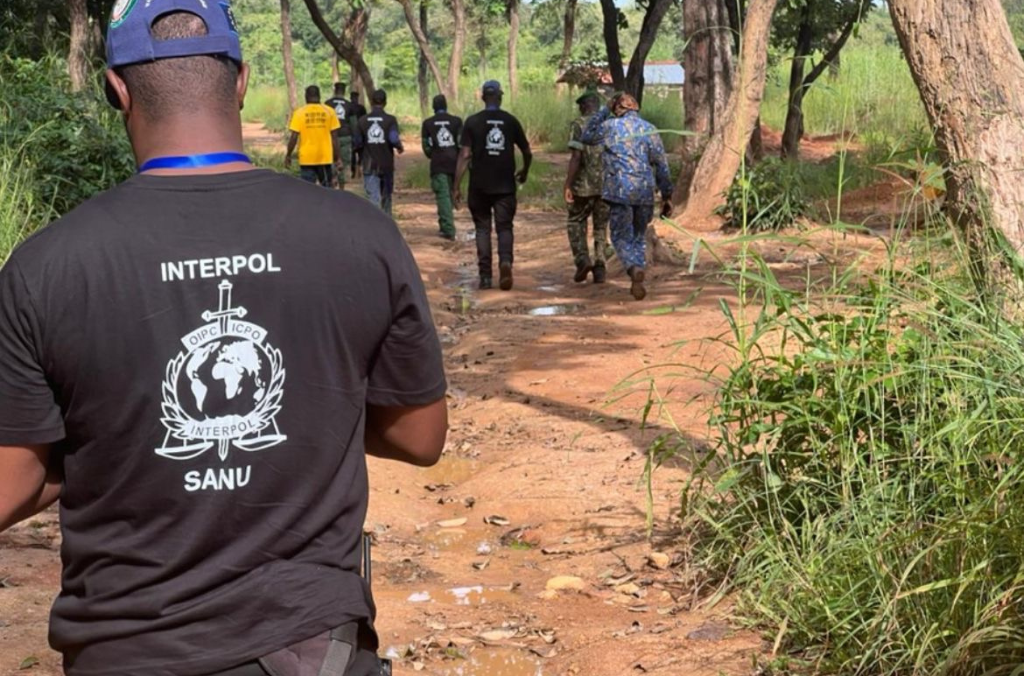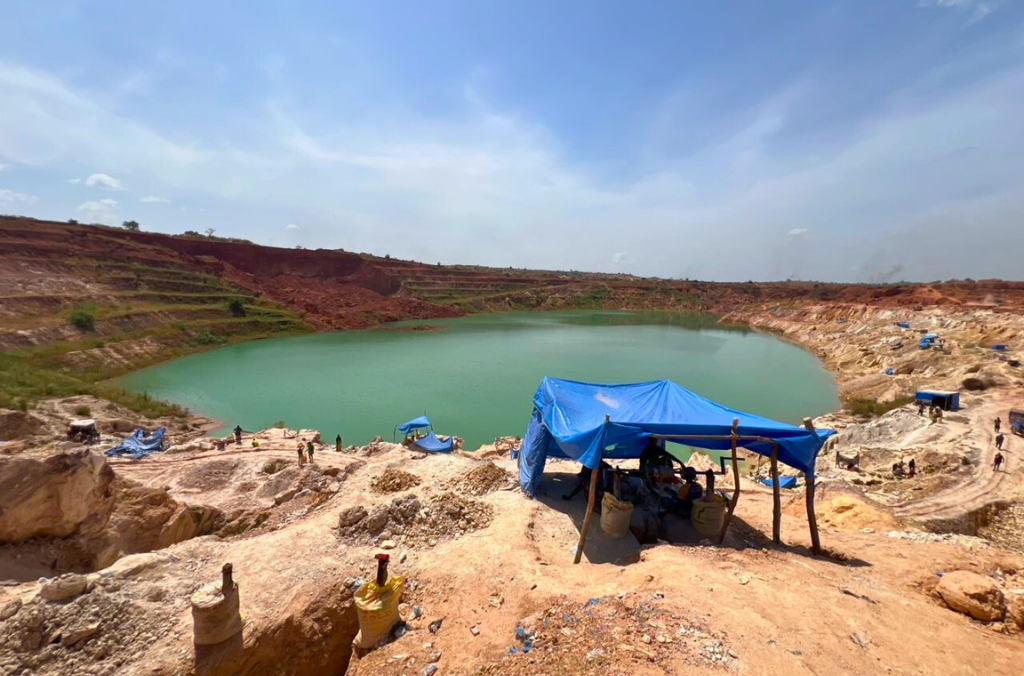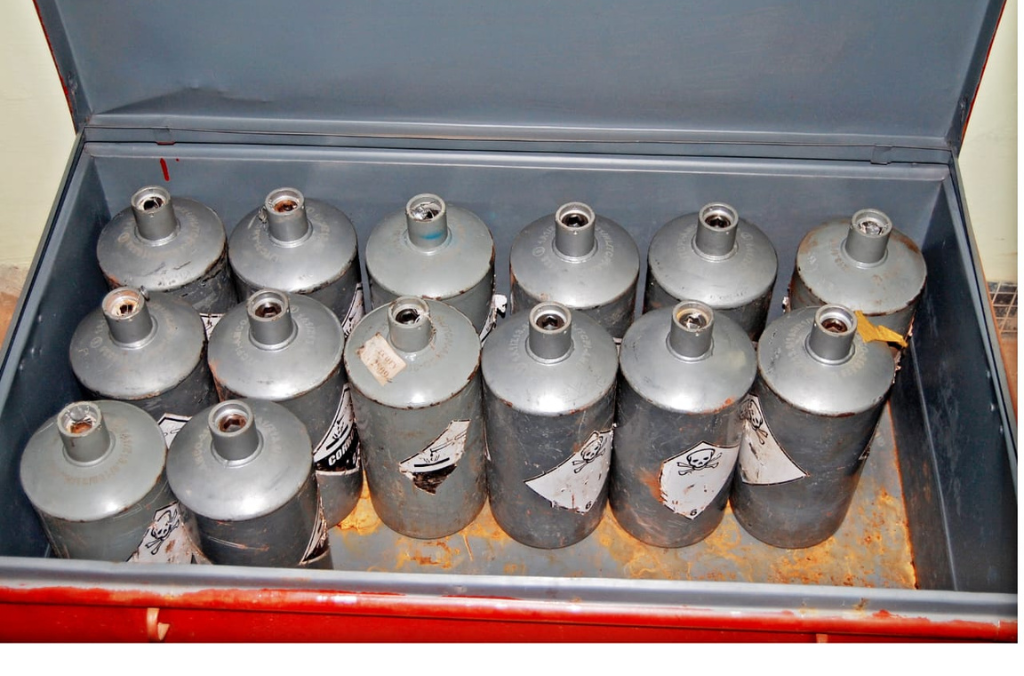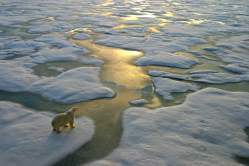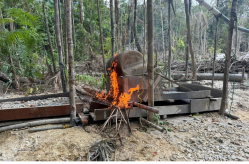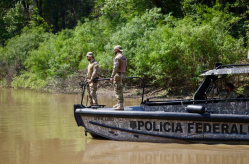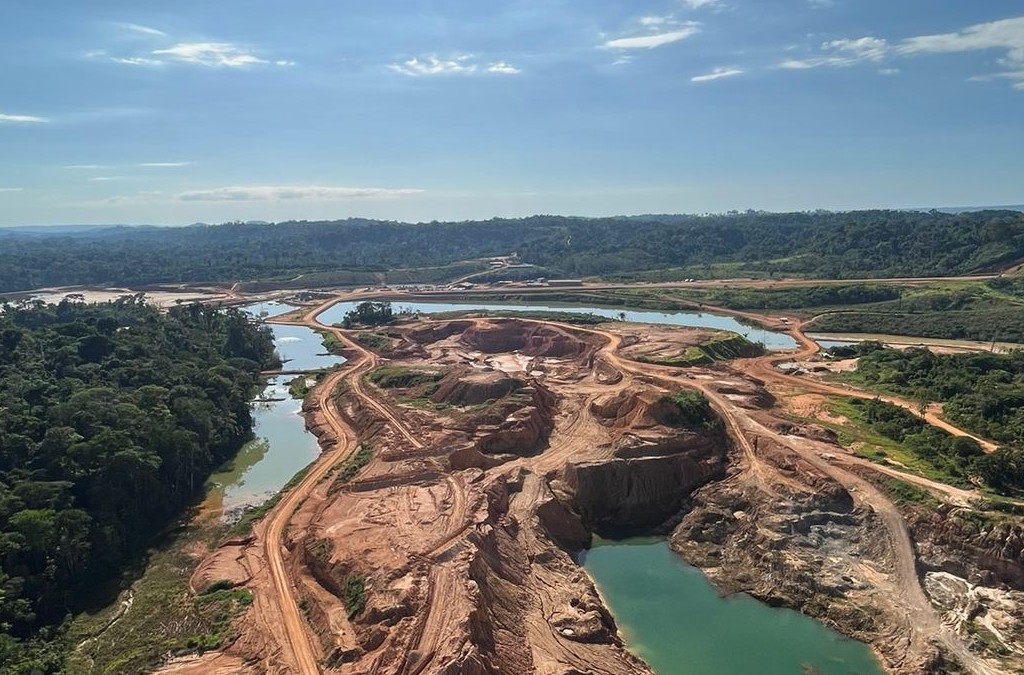
The issues
Illegal mining has a devastating impact on the environment, communities and the global economy. It is a major driver of deforestation, soil erosion and water pollution, while the toxic chemicals used contaminate rivers and threaten human health.
Mining is critical to many economies, yet large parts of the sector remain informal or illegal, creating opportunities for criminal groups to exploit resources and people. Artisanal and small-scale mining often operates outside the law, funding corruption, conflict and other serious crimes, including forced labour and human trafficking.
Minerals and metals extracted illegally are trafficked through complex, opaque supply chains that cross borders, providing organised criminal groups with lucrative income streams and opportunities to launder money. Illegal gold and sand mining alone are worth billions every year, depriving communities of vital public revenues and threatening biodiversity and climate security.
Our response
INTERPOL works with member countries to detect, disrupt and dismantle the criminal networks behind illegal mining. We support law enforcement agencies to investigate crimes along the entire supply chain, helping them stop smuggling routes, shut down illegal mining sites and prosecute those responsible.
We strengthen international cooperation and provide capacity building and training to ensure countries have the skills and tools they need to tackle illegal mining and its links to organised crime, money laundering and human rights abuses.
Through joint operations, strategic partnerships and global intelligence sharing, we help member countries protect ecosystems, local communities and livelihoods from the destructive impacts of illegal mining.
Recent and ongoing initiatives
Project GAIA
Within the framework of the project Fighting Climate Change and Loss of Biodiversity, otherwise known as Project GAIA, supported by the German Federal Ministry for the Environment, Climate Action, Nature Conservation and Nuclear Safety; INTERPOL is providing mentoring and capacity building to member countries to strengthen law enforcement capabilities to detect and investigate illegal mining and associated crimes. The work conducted also promotes increased criminal intelligence collection and exchange, supporting member countries to enhance their transnational investigations and dismantle organised criminal networks operating across borders.
INTERPOL is also supporting the Clean Gold Programme (Programa Ouro Alvo), an initiative of the Brazilian Federal Police to combat illegal gold mining at a regional level in Central and South America, helping trace illegal supply chains.
See more on Project Gaia.
Operations
Recent operations led by INTERPOL, such as Operation Sanu (deployed to Central Africa in 2024) and Operation Aurum (Nigeria, 2023), have targeted illegal mining and related crimes across Africa. These efforts have resulted in hundreds of arrests, the seizure of toxic chemicals and equipment, and the dismantling of criminal networks responsible for deforestation, water pollution and human exploitation.
INTERPOL Report “Illegal Mining and Associated Crimes” (2022)
The INTERPOL report “Illegal Mining and Associated Crimes - A Law Enforcement Perspective on One of the Most Lucrative Crimes” (see below) provides an overview of the crime area and associated threats in the Latin American region; with a specific focus on Bolivia, Brazil, Colombia, Ecuador, Panama and Peru.
The purpose of the report is to assist law enforcement from these countries in the identification of high value targets (key players and facilitators), their modus operandi, linkages with other crimes and international connections.
This report was elaborated within the framework of the Project MNYA, funded by the Norwegian Ministry of Climate and Environment.




